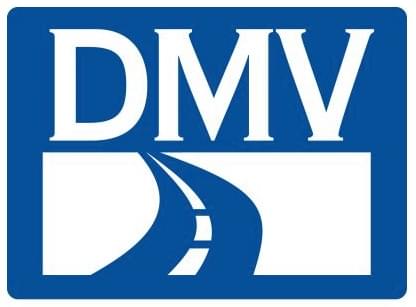The N.C. Division of Motor Vehicles routinely receives complaints from customers who have been targeted by scammers claiming to be representatives of either the DMV or the N.C. Department of Transportation.
Recently, several law enforcement agencies have reported that many unsuspecting DMV customers are receiving scam emails from a group claiming to be from the “Department of Transportation” and encouraging targeted individuals to click on a link to pay a fine for an alleged driving violation.
Customers are encouraged to be aware of any emails from an individual or individuals using the address “notice@penalty-gov-us” claiming to be from the Traffic Division of the Department of Transportation. The email includes a link to make a payment for a fine.
“DMV customers must remain vigilant as criminals try newer ways to defraud customers and steal their identities,” said DMV Commissioner Wayne Goodwin. “If you receive any unexpected email alleging you owe the DMV or the State money, then be very wary and contact the agency to verify the truth of the communication from an official telephone number or email address, but do not use the contact info appearing in the email.”
Commissioner Goodwin further said, “The NCDMV and the NCDOT will send customers an email on some occasions regarding driving violations but not for payment of fines or fees. All notifications to customers concerning such violations would be on official letterhead or forms through regular mail.”
To limit confusion when searching for bona fide DMV services and information, consumers should seek out the following:
- Some websites exist that contain DMV information and forms, but they are not officially approved websites. Web searches may return results with other websites, but only the official state DMV website ends in “.gov.”
- Beware of third-party websites offering forms or other information that could be out-of-date or erroneous.
- While not illegal, many of the sites are for-profit and ask users to pay for forms.
- Many sites exist to obtain your information for future marketing, or worse, for using your personal information in fraudulent activities.
- If you provide payment information on a third-party website, beware that your payment card information may be stolen.
- Check the “Terms and Conditions” page of the website, where the site states that it is not affiliated with any state government agency.
- Always remember to look for a website that contains “.gov” in its address to assure you are receiving accurate governmental information.

